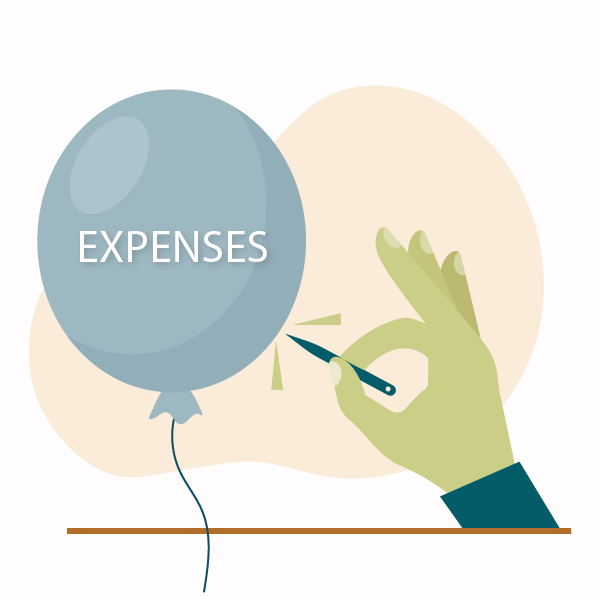How Much Should You Pay Yourself From Your Business

Small business owners face a critical, often agonizing, decision: how much of their company's profits should they pocket as salary? Get it wrong and risk crippling your business or shortchanging yourself.
This guide provides concrete strategies for determining a fair and sustainable owner's salary, balancing personal needs with business growth based on expert advice and industry benchmarks.
Understanding the Basics
The first step is differentiating between salary and profit. Salary is a regular payment for your work, while profit is what's left after all expenses are paid.
Choosing the right structure for your business, whether it’s an S corp, LLC, or sole proprietorship, heavily influences this decision. Each structure has different tax implications for owner compensation. Consult a tax advisor.
Factors Influencing Your Salary
Several key factors determine a responsible owner's salary. Start by evaluating the market rate for your role.
Research what other professionals in similar positions and industries are earning, according to sources like Salary.com or the Bureau of Labor Statistics. Consider company performance.
Your business's financial health is paramount. Only pay yourself what the company can truly afford without jeopardizing its operations, or future growth.
Next, review your personal needs. Determine your minimum living expenses, including housing, food, healthcare, and debt repayment.
Strategies for Setting Your Salary
There are several approaches to calculating a fair salary. One common method is the "Profit First" approach.
Set aside a predetermined percentage of your revenue for profit, taxes, and operating expenses *before* allocating salary. This helps ensure long-term financial stability.
Another strategy involves using a budgeting tool to forecast cash flow. Project your income and expenses for the next year, factoring in potential growth or downturns.
Benchmarking Against Industry Standards
Industry benchmarks offer valuable insights. According to a 2023 study by the National Federation of Independent Business (NFIB), the average owner's salary for small businesses with under $500,000 in revenue is around $65,000.
However, this number varies significantly depending on the industry, location, and experience level. Use these benchmarks as a starting point, not a definitive answer.Seek financial advising.
Avoiding Common Pitfalls
Underpaying yourself is a frequent mistake, potentially leading to burnout and resentment. Don't undervalue your contributions. Your personal needs are as important as business needs.
Overpaying, conversely, can quickly deplete cash reserves and hinder growth. Ensure your salary is sustainable and aligned with your business's financial capacity.
Another pitfall is failing to regularly review your salary. As your business evolves, your compensation should evolve with it.
What's Next?
Schedule a consultation with a financial advisor. A qualified professional can provide personalized guidance and help you develop a salary strategy tailored to your specific circumstances.
Regularly monitor your business's financial performance. Track key metrics such as revenue, expenses, and profit margins to ensure your salary remains aligned with your company's health. Financial software is a great tool.
Remember, setting your owner's salary is an ongoing process, not a one-time decision. Stay informed, stay proactive, and prioritize both your financial well-being and the long-term success of your business.


















